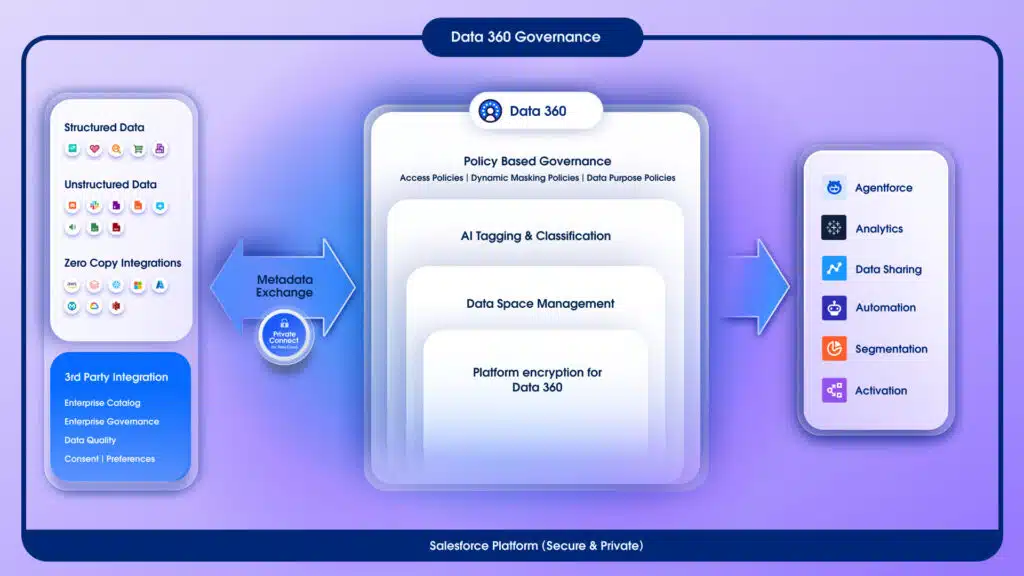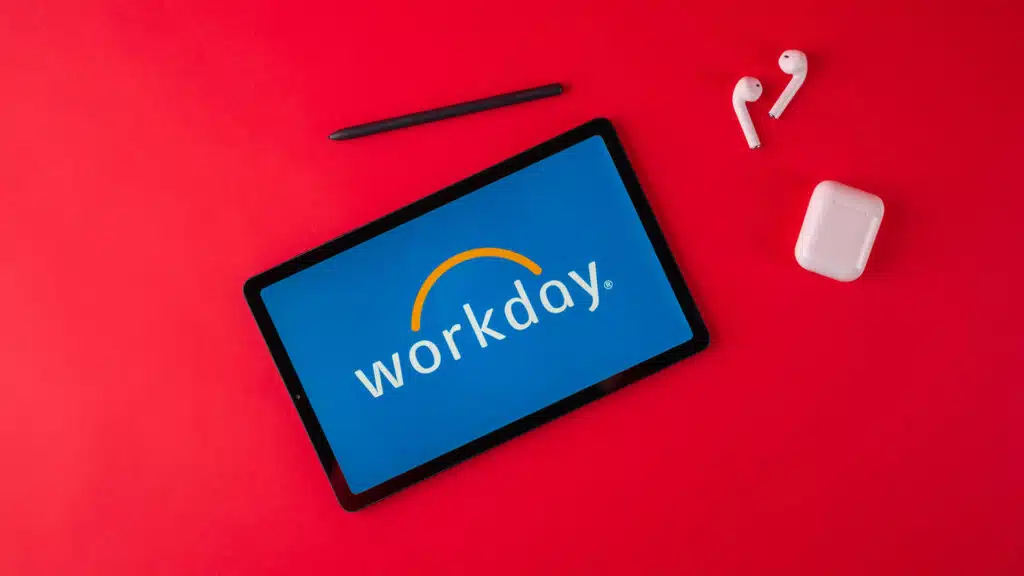The News: This week Microsoft launched the Microsoft Digital Contact Center Platform, a new solution designed to improve customer care. The platform combines Dynamics 365, Microsoft Teams, Power Virtual Agents, Azure, and recent acquisition Nuance into an open, extensible solution that integrates with other customer relationship management software to create and deliver seamless customer journeys. Read the full announcement on Microsoft’s blog.
Microsoft Digital Contact Center Platform: A New Solution for Better Customer Care
Analyst Take: Customer experience has never been more important than it is now and contact centers play a huge role in creating and nurturing those experiences. The Microsoft Digital Contact Center Platform offering will connect the digital tools that contact center agents use to engage with customers into one comprehensive and flexible solution. With this platform, it’s clear Microsoft is ready to help their customers transform customer service, something that is often a cost center and not a revenue driver.

Microsoft announced that the platform will enable omnichannel engagement, use AI to power intelligent self-service, improve productivity in the contact center, and provide 360-degree view of the customer, all while protecting customer interactions from threat actors. The concept sounds lovely, but what is behind it is the power of the Microsoft Cloud and a full stack of technology that enables companies to fully realize the potential of the modern contact center. Powered by a portfolio of solutions from Azure, Teams, Power Platform, Nuance, and the Dynamics 365, Microsoft is pairing trusted software used by a huge subset of businesses to enable this “next generation contact center.”

Another thing I like about this launch is the collaboration and integration offerings. Contact centers are often full of complex legacy systems and technologies that can be difficult to upgrade. Microsoft recognizes this and builds this platform in such a way that will allow customers to build off their existing technology. Customers will also soon be able to take advantage of an extensive partner network in the Microsoft Digital Contact Center Platform including Accenture-Avande, EY, HCL, Hitachi, PwC, TTEC, and several others. This platform can easily help any organization uplevel their contact center infrastructure to drive more revenue — and in our current economic climate, it makes financial sense to leverage what you have as much as possible. Adding brownfield to greenfield is good for most companies trying to be efficient and fast, and Microsoft always toes the line between offering the entire solution and being a good partner. As I see it, this offering leaves customers with a choice.
Simplify the Contact Center for the Future
We all know how much a rough interaction with a contact center agent can negatively impact our view of a company. We also know (or should know) that this is a technology area that is ripe for more change. We have seen the pivot to the cloud, but the full stack integration is something that hasn’t been completely available—but it appears Microsoft is closing that gap, or may have already done so.
In short, companies know it too but are often hamstrung by their current technology investments to change. As I see it, Microsoft is here to make a change.
Microsoft Digital Contact Center Platform will provide a diverse set of capabilities, but as I see it is designed to succeed because it simplifies the contact center and will allow contact center agents to do what they do best, serve the customer. Typical infrastructure can be complex, requiring a lot of IT support. This single platform potentially reduces or eliminates some of the heavy IT burden, bringing low-code and no-code development to help organizations build the tools they need to best meet the needs of their customers.
I see this as a strong entry and a well-timed announcement for Microsoft as many companies — regardless of size — are looking to improve customer experiences and drive better and longer-lasting customer relationships. Microsoft will be prudent to cross-sell this in its broad portfolio, and I see adoption being at or above expectations over the next several quarters.
Disclosure: Futurum Research is a research and advisory firm that engages or has engaged in research, analysis, and advisory services with many technology companies, including those mentioned in this article. The author does not hold any equity positions with any company mentioned in this article.
Analysis and opinions expressed herein are specific to the analyst individually and data and other information that might have been provided for validation, not those of Futurum Research as a whole.
Other insights from Futurum Research:
Sales Teams Need a Transformation, Microsoft is Ready to Deliver
Microsoft Introduces its Updated Budget-Friendly Surface Laptop Go 2
Microsoft Power Platform Released with New Low Code Updates at Microsoft Build
Image Credit: Microsoft Cloud Blogs
Author Information
Daniel is the CEO of The Futurum Group. Living his life at the intersection of people and technology, Daniel works with the world’s largest technology brands exploring Digital Transformation and how it is influencing the enterprise.
From the leading edge of AI to global technology policy, Daniel makes the connections between business, people and tech that are required for companies to benefit most from their technology investments. Daniel is a top 5 globally ranked industry analyst and his ideas are regularly cited or shared in television appearances by CNBC, Bloomberg, Wall Street Journal and hundreds of other sites around the world.
A 7x Best-Selling Author including his most recent book “Human/Machine.” Daniel is also a Forbes and MarketWatch (Dow Jones) contributor.
An MBA and Former Graduate Adjunct Faculty, Daniel is an Austin Texas transplant after 40 years in Chicago. His speaking takes him around the world each year as he shares his vision of the role technology will play in our future.







